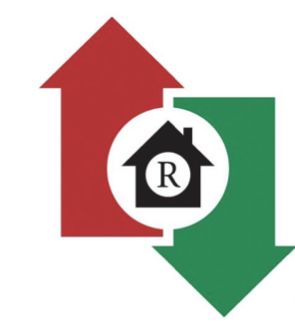According to the latest family affordability index put together by the Pietermaritzburg Economic Justice & Dignity Group, food costs have gone up a lot, making it hard for South Africans to buy enough food to feed their families. (PMBEJD). The study looks at the prices of food in 44 stores and 30 butcheries across South Africa. It shows that the average cost of a household’s food basket has gone up by R516.12, or 11.6%, to R4,966.20.
The study found that the prices of potatoes, carrots, and peppers have gone up by more than 5%, while the prices of tea, full-cream milk, eggs, canned beans, and bread have all gone up by 2% or more. The rise in food prices has been made worse by the fact that a worker making the minimum wage of R4,473.92 has to pay 53% of their pay for power and transportation.
“Food is bought after money has been paid for or saved for transportation and electricity, which leaves only R2,102.42 for food and everything else,” the study said. “PMBEJD estimates that workers’ families will underspend on food by at least 38.7% in March 2023.” In this situation, there is no way that a person could pay to feed their family enough healthy food.
When new energy rates of 18.65% go into effect in June/July 2023 and cab fares go up in August, things are likely to get worse. Mervyn Abrahams of the PMBEJD warned that families will have a hard time getting enough food. He also said that a basic, healthy meal for a child costs an average of R874.71, which is up by R86.72 or 11% from last year.
Also, the child support grant of R480 is 28% less than the food poverty line of R663 and 45% less than the average cost of feeding a child a basic, nutritious meal. This shows that many families in South Africa are suffering to buy enough food to feed themselves and their children.
“In this scenario, there is no possibility of a worker being able to afford enough nutritious food for their family.” – PMBEJD report
The findings of the PMBEJD report reveal the harsh reality that many South Africans face when it comes to accessing nutritious food. The rising cost of food, coupled with high transport and electricity costs, is making it increasingly difficult for families to make ends meet.
The situation is especially bad for low-income families, who are already having a hard time getting by. The child support grant, which is intended to help alleviate poverty and malnutrition among children, is clearly insufficient to meet the basic nutritional needs of children.
The PMBEJD study shows that food shortages and poverty in South Africa need to be fixed right away. Without intervention, many families will continue to struggle to access enough nutritious food, putting the health and well-being of millions of people at risk.








